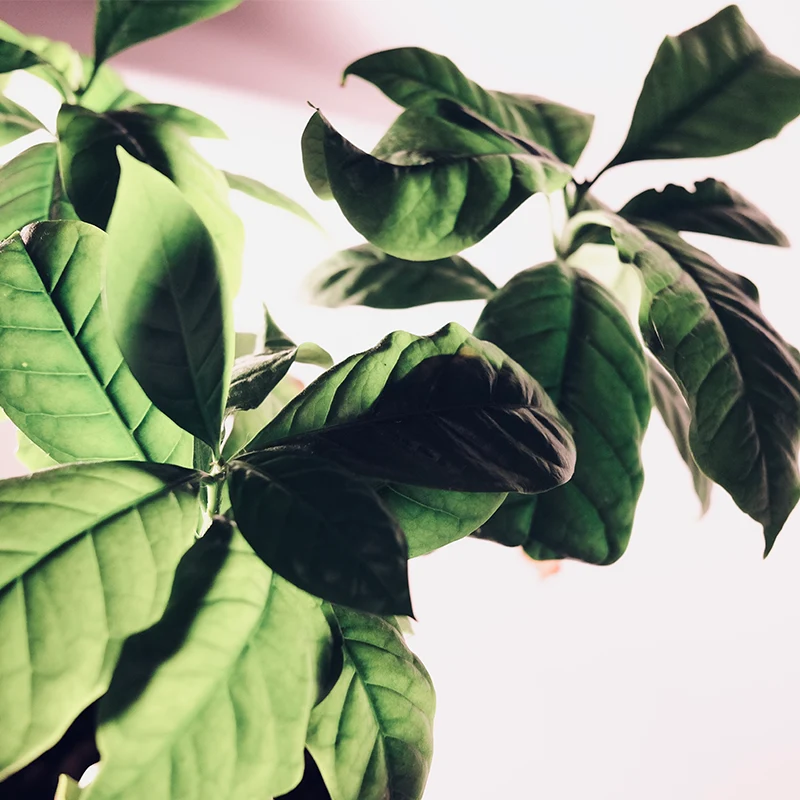Being transparent in coffee production chain in our opinion means giving the all available data from planting the ‘solider’ seed to selling the roasted beans. Is not just being transparent in front of coffee buyer but also to the coffee producer in the origin country.
Roasting coffee is only one step in the production process, and every other step is no less important, which means that all stages of coffee production should be treated with dedication, care and awareness that the taste and aroma stored in coffee bean can be seriously damaged if treated opposite, on its long journey to the consumer. Although roasting coffee is still a very individual craft that was once shrouded in mystery, today it is greatly benefited by a strong community of people dedicated to this exceptional fruit-seed that can carry more than 800 aromatic compounds. The knowledge about coffee is shared widely.
Recently with more available high quality coffees on the market and with more commitment to quality in all segments of production from farms, distribution, roasting, brewing and serving, whole drinking coffee experience has become more special and unique. However although it is called „speciality coffee“ it doesn’t mean that the highest quality coffees shouldn’t be available for everyone. On the other hand Imperative for exclusivity and „to always bring something new on the table“ many times means neglecting the well known and confirmed in quality like Latin America’s coffees which are base for traditional Italian espresso served in Trieste and Milan from lighter roasted mostly Brazilian beans.
The typical lifespan of an arabica plant from seeding to flowering stage is three to five years. After it flowers it will begin to fruit shortly after and it takes from 9 – 11 months to grow and ripen. Coffee trees like wet , humid and shady environments and arabica tree in particular is sensitive to wind and high temperature. For that reason it tends to be grown at higher altitudes somewhere between 1,000 – 2,000 m of elevation.
